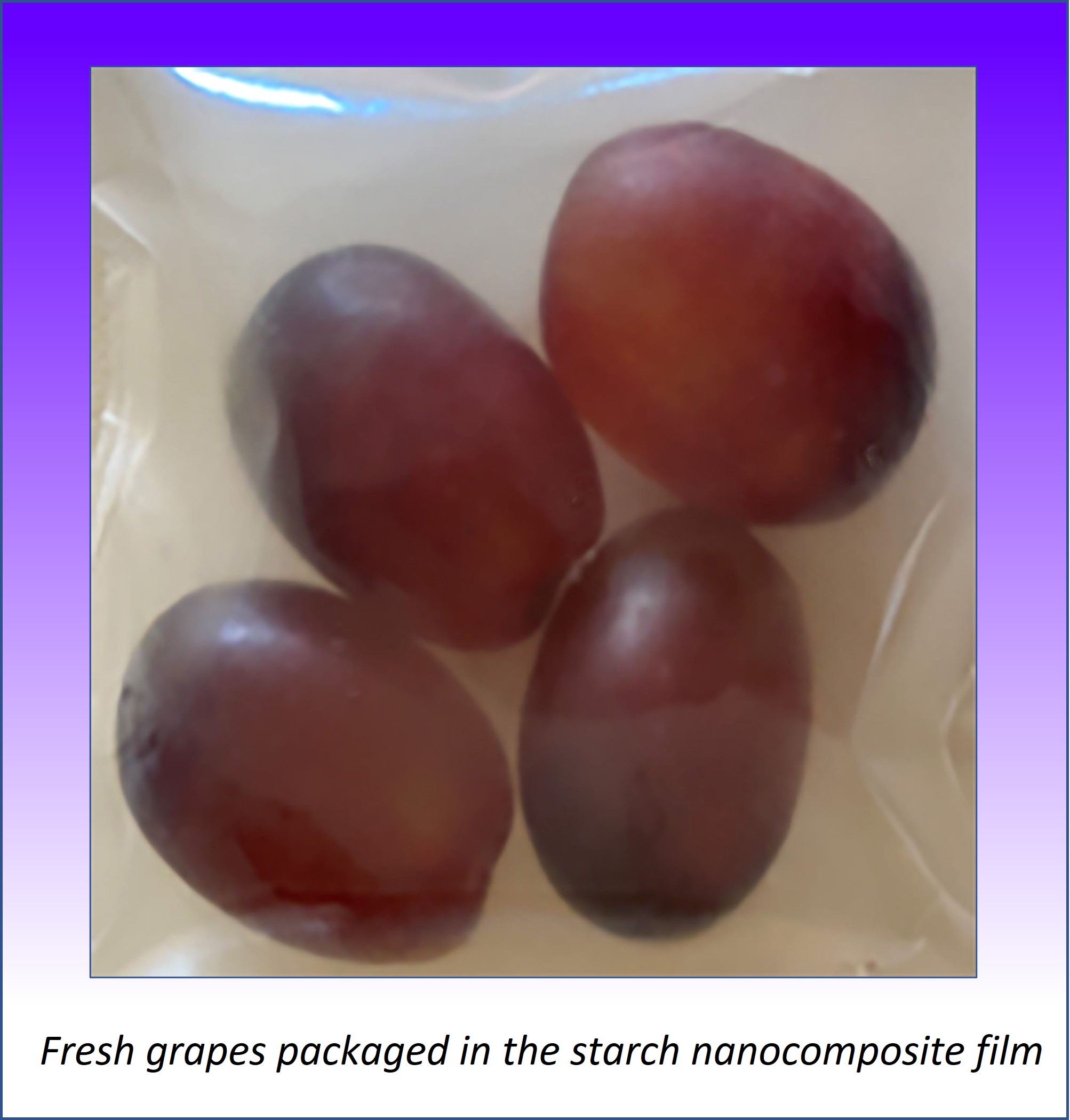News Items - International Association of Packaging Research Institutes
| Clemson researcher creates protective millet starch film Research at Clemson University in the US has identified a combination of millet-derived starch and the invasive kudzu plant species as the basis for an improved-performance biodegradable, nanocomposite film for foods.  Postdoctoral researcher Sneh Bangar created the film, which she has called ‘Biopack’, from pearl millet starch reinforced with kudzu cellulose nanocrystals. Postdoctoral researcher Sneh Bangar created the film, which she has called ‘Biopack’, from pearl millet starch reinforced with kudzu cellulose nanocrystals.“Using cellulose nanocrystals to reinforce starch improves [the] functionalities of starch-based films,” she said in a statement. “This research is important because not much work has been done to explore the cellulosic fibers of weed species such as kudzu.” The practical limitations of starch-only films are known to include poor processability, limited strength and water absorption issues. Modification through the use of composites can help to overcome these constraints. Bangar believes her lab is the first to isolate kudzu nanocrystals in order to develop this type of composite. In addition to cellulosic fibers and starch, the material also contains clove bud oil. Tests packaging grapes in a cold setting showed that, after 15 days, the fruit maintained its weight, firmness and soluble solids. Kudzu is a vine that now grows through most of the southeastern USA, with some estimating that it could already cover up to 7.4 million acres (3 m hectares) in the southern states. Pearl millet is cultivated throughout North America, chiefly as a source for animal feed and fodder. Around 70% of each grain consists of starch, which is a renewable and biodegradable polymer. Published: 01/30/23 |